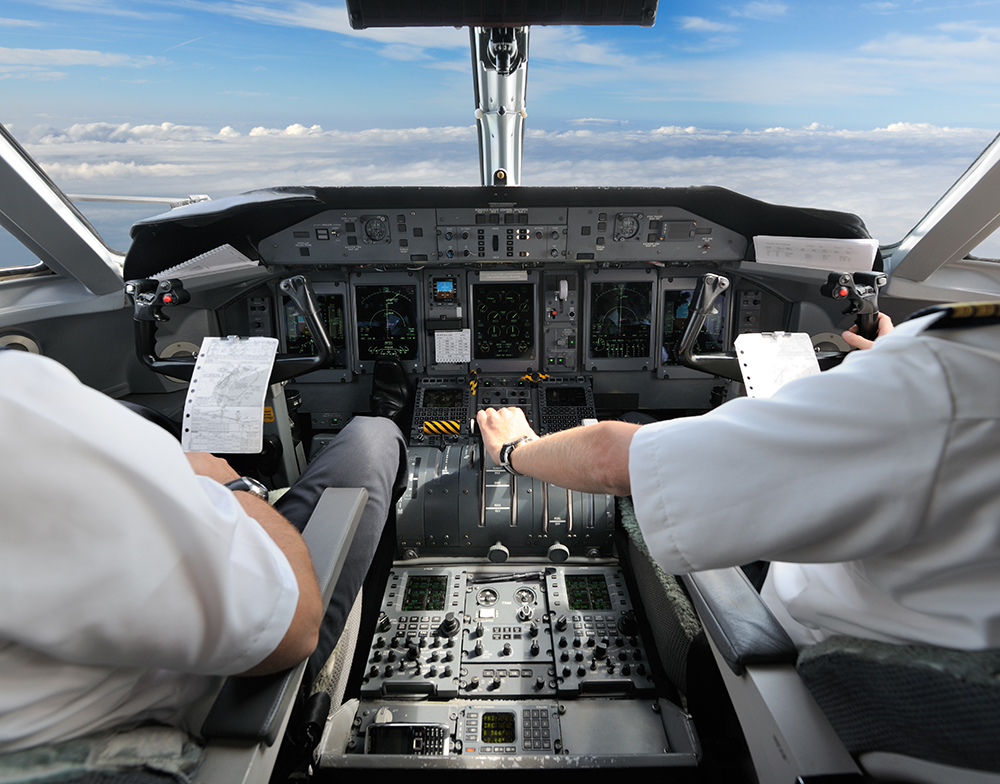Licenses and Certificates:
- Airline Transport Pilot Licence (ATPL): Obtainable through integrated, modular training, or the Multi Pilot Licence (MPL) routes.
- Class 1 Medical Certificate: A must-pass requirement for airline pilots, issued by the Civil Aviation Authority (CAA).
Skills and Qualifications:
- Essential skills include maths and physics understanding, technical information comprehension, spatial awareness, coordination, communication, teamwork, quick decision-making, calmness under pressure, discipline, self-confidence, commitment, and leadership.
- Academic prerequisites include good GCSE passes in mathematics, English, and science. A-level passes are beneficial, and while a degree isn’t mandatory, it can serve as a fallback in this volatile industry.
Training and Age Requirements:
- Minimum age to start pilot training: 18 years.
- Minimum age to acquire an ATPL: 21 years.
- Training costs range between £70,000 and £130,000.
- For commercial pilots: Training for a Frozen ATPL is necessary, including a Multi-Engine CPL with Instrument Rating, passing 14 ATPL theoretical exams, a Jet Orientation Course, and a Multi-Crew Cooperation Course.
Understanding these prerequisites provides a clear roadmap for those looking to pursue a career as a pilot in the UK, setting the foundation for a successful journey in aviation.
Choosing the Right Training Path
Choosing the right training path is a pivotal decision in the journey of how to become a pilot in the UK. Aspiring pilots have the option between:
Modular Training:
- Duration: Approximately two years (part-time)
- Flexibility: Allows students to work while studying
Integrated Training:
- Duration: Around 1.5 years (full-time)
- Intensity: More immersive and structured
Both paths lead to obtaining an Airline Transport Pilot Licence (ATPL), but the choice depends on individual circumstances, such as time, financial resources, and career goals.
Considerations for Selecting a Training Path:
- Cost: Ranges from £70,000 to £130,000, varying by school and program
- Aircraft Type: Training on DA42 and Diamond DA40 aircraft at FTA Global
- Specializations: VA Airline Training for APS MCC programs; Wings Alliance for EASA certification and UK CAA license
Educational Institutions:
- For Theory: Bristol Groundschool excels with over 24 years in pilot ground school education
Deciding between modular and integrated training involves evaluating personal circumstances, career objectives, and financial considerations. Both paths demand dedication and lead to rewarding careers in aviation.
Gaining Experience and Building Hours
Upon completing the rigorous pilot training, the journey to becoming a pilot in the UK shifts towards gaining experience and building the necessary flying hours. This phase is crucial for applying theoretical knowledge in real-world scenarios and acquiring the skills needed for a successful aviation career. Here’s what to expect:
Building Experience:
- Engage in line training, flying passengers for the first time under supervision, to demonstrate effective teamwork and improve qualifications.
- Participate in additional courses such as Security and Dangerous Goods, AVMED, and Safety and Emergency Procedures (SEP).
- Expect regular assessments, including twice yearly simulator checks, yearly medicals, and line checks.
This phase of the journey is marked by hard work and commitment but is essential for securing a pilot role and advancing in the aviation industry.
Securing Your First Pilot Role
Upon completing pilot training and entering the Graduate Placement Pool, the pathway to securing your first pilot role in the UK becomes clearer. Here’s what aspiring pilots can anticipate:
Salary Expectations:
- Starting salaries for second/first officers range from £24,000 to £28,000, with potential growth to £58,000 and £75,000, respectively.
- Captains can earn between £97,000 and over £140,000.
This phase marks the culmination of hard work, with the dedicated team from the Graduate Placement Pool working tirelessly to secure employment opportunities for new pilots, ensuring a smooth transition into their first role.









